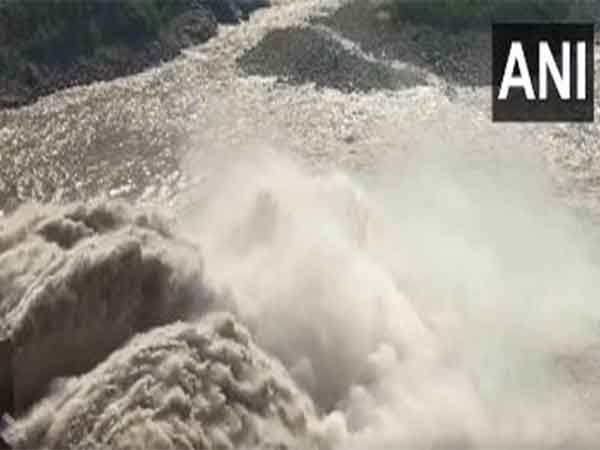India Expands Hydroelectric Ambitions amid Indus Treaty Tension
The Indian government has initiated tenders for the 1,856 MW Sawalkote Hydroelectric Project on the Chenab River in Jammu and Kashmir. This move impacts the already strained Indus Water Treaty with Pakistan, which was suspended following a terror attack incident in Pahalgam.

- Country:
- India
The Indian government has issued tenders for the construction of the 1,856 MW Sawalkote Hydroelectric Project on the Chenab River, close to Sidhu village in Jammu and Kashmir's Ramban District. This development exacerbates Pakistan's existing concerns, which have heightened since the suspension of the Indus Water Treaty, following the Pahalgam terror attack.
The National Hydroelectric Power Corporation (NHPC) has officially announced the tender, originally outlined in the 1960s, with a bid submission deadline set for September 10. The project, located approximately 120 km from Jammu and 130 km from Srinagar, represents a strategic move by India to optimize the use of the Indus waters during the treaty's suspension. The treaty's suspension is part of India's firm stance against Pakistan after the terror attack.
External Affairs Minister S. Jaishankar recently underscored the significance of the Indus Water Treaty, critiquing Congress's historical concessions to Pakistan. He targeted former Prime Minister Jawaharlal Nehru over comments made in Parliament in 1960, highlighting perceived past errors. Jaishankar noted that Prime Minister Narendra Modi has sought to correct these mistakes, stating that both Article 370 and the Indus Water Treaty are under revision until Pakistan ceases supporting terrorism. The treaty, facilitated by the World Bank in 1960, allocates river rights and has endured numerous conflicts, yet tensions continue to pose new challenges.
(With inputs from agencies.)










